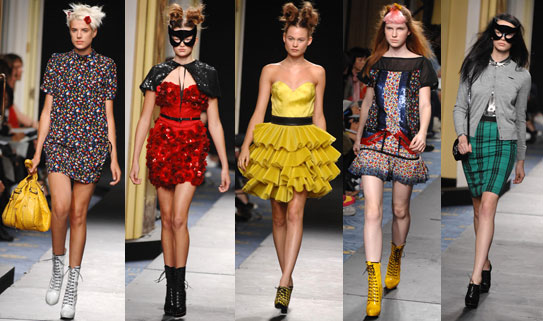While I was in England, in between cultural expeditions and riverside walks to village pubs, I read the papers as I lounged around my parents’ house drinking cups of tea. They were full of reports about the impending election for the leader of the Labour Party, which is fair enough as this is of national (and potentially international) importance.
I was always surprised by American surveys that listed ‘shopping’ as a preferred holiday activity, yet I have friends who visit Melbourne on shopping trips and when in Wellington would rather admire Lambton Quay retail outlets, than Te Papa cultural exhibitions. A friend who works in recruiting tells me that ‘fashion’ has firmly replaced ‘reading’ on young girls’ lists of interests on their CVs.
Harold Tillman, chairman of the British Fashion Council is unsurprised by a recent report that claims ‘the UK fashion industry is the largest employer of all the creative industries, directly employing 816,000 people. The industry is similar in size to food and drink services and generates more than twice as many jobs as real estate, and considerably more than telecommunications, car manufacturing and publishing put together.’
Indeed, the report finds that British fashion contributes almost £21billion to the UK economy, and in times of financial crisis, that is not to be sniffed at. Perhaps clothes really do maketh the man – or at least, the woman.

